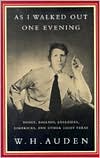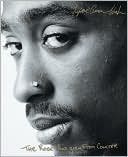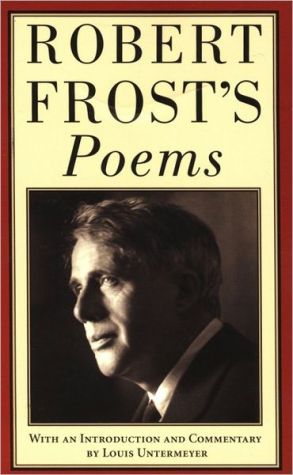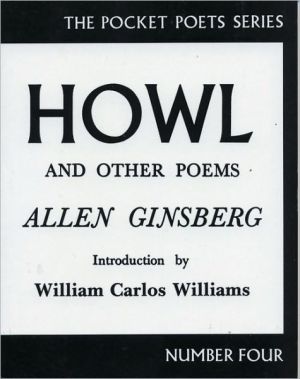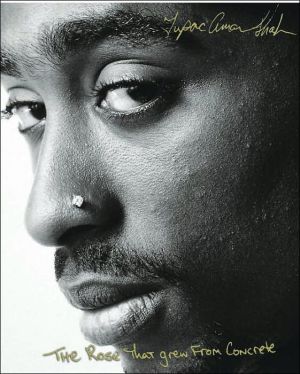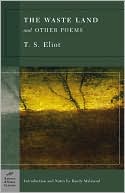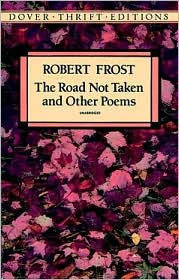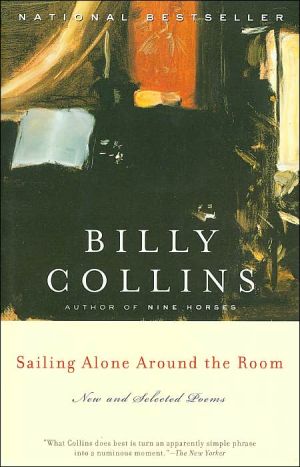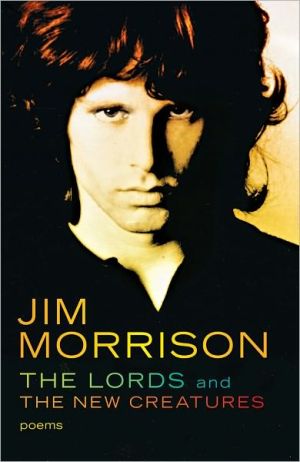As I Walked Out One Evening: Songs, Ballads, Lullabies, Limericks, and Other Light Verse
W. H. Auden once defined light verse as the kind that is written by poets who are democratically in tune with their audience and whose language is straightforward and close to general speech. Given that definition, the 123 poems in this collection all qualify; they are as accessible as popular songs yet have the wisdom and profundity of the greatest poetry.\ As I Walked Out One Evening contains some of Auden's most memorable verse: "Now Through the Night's Caressing Grip,"...
Search in google:
W. H. Auden once defined light verse as the kind that is written by poets who are democratically in tune with their audience and whose language is straightforward and close to general speech. Given that definition, the 123 poems in this collection all qualify; they are as accessible as popular songs yet have the wisdom and profundity of the greatest poetry.As I Walked Out One Evening contains some of Auden's most memorable verse: "Now Through the Night's Caressing Grip," "Lullaby: Lay your Sleeping Head, My Love," "Under Which Lyre," and "Funeral Blues." Alongside them are less familiar poems, including seventeen that have never before appeared in book form. Here, among toasts, ballads, limericks, and even a foxtrot, are "Song: The Chimney Sweepers," a jaunty evocation of love, and the hilarious satire "Letter to Lord Byron." By turns lyrical, tender, sardonic, courtly, and risqué, As I Walked Out One Evening is Auden at his most irresistible and affecting.Library JournalIf we are to take Mendelson at his word in his preface to the controversial 1979 Selected Poems-he asserted that "the surest way to misunderstand Auden is to read him as the modernists' heir"-then the validity of "light" poetry as a category may not need questioning. Auden himself, Mendelson reminds us, titled a section in Another Time (1940) "Lighter Poems." But Mendelson is hardly taking authorial intention into account. He is again using texts (invoking the "claims of history," as he did in 1979) that do not reflect Auden's later, "conservative" revisions. And, as in Selected Poems, we are not shown where the variants might occur. What we do have, we are told, are those "immediately accessible" works (precluding the indisputably "light" but homoerotic "Uncle Henry"). Even the cover is to feature a picture of the younger Auden looking properly dizzy. This much can be said for the book: it is an inexpensive alternative to the Complete Works, the only other place many of the libretti can be found. Recommended only for introductory collections.-Steven R. Ellis, Pennsylvania State Univ. Libs.
\ Library JournalIf we are to take Mendelson at his word in his preface to the controversial 1979 Selected Poems-he asserted that "the surest way to misunderstand Auden is to read him as the modernists' heir"-then the validity of "light" poetry as a category may not need questioning. Auden himself, Mendelson reminds us, titled a section in Another Time (1940) "Lighter Poems." But Mendelson is hardly taking authorial intention into account. He is again using texts (invoking the "claims of history," as he did in 1979) that do not reflect Auden's later, "conservative" revisions. And, as in Selected Poems, we are not shown where the variants might occur. What we do have, we are told, are those "immediately accessible" works (precluding the indisputably "light" but homoerotic "Uncle Henry"). Even the cover is to feature a picture of the younger Auden looking properly dizzy. This much can be said for the book: it is an inexpensive alternative to the Complete Works, the only other place many of the libretti can be found. Recommended only for introductory collections.-Steven R. Ellis, Pennsylvania State Univ. Libs.\ \
